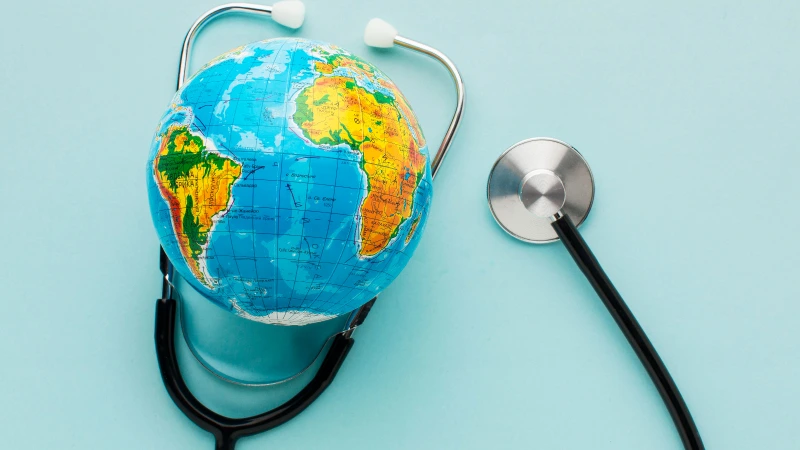The risks and benefits of medical tourism have generated the curiosity of many individuals seeking affordable and quick medical operations in other countries. As medical tourism grows in popularity, patients must be aware of the potential risks and benefits of this type of healthcare journey. Here, we will look at both the advantages and the disadvantages of medical tourism, as well as what patients should know before beginning this new journey.
What is Medical Tourism?
Medical tourism involves travelling to a foreign country to receive medical treatment that is either unavailable or expensive in the patient’s home country. This can include elective surgeries, dental treatments, weight loss surgeries, and cosmetic procedures. But, medical tourism has both risks and benefits.
The Benefits of Medical Tourism
Cost Savings
One of the major advantages of medical tourism is the cost savings. Patients can save up to 80% on medical procedures.
No Waiting List
In countries with a public healthcare system, patients can wait months or even years for non-urgent medical procedures. Medical tourism offers the advantage of getting timely treatment without having to wait.
Access to Cutting-Edge Technology
Many countries that specialize in medical tourism have invested in state-of-the-art medical equipment and technology, making it possible for patients to receive the latest treatments.
The Risks of Medical Tourism
Quality of Care
The quality of care in foreign hospitals and clinics can be unpredictable. Patients may not be able to verify their doctors’ qualifications and experience or the facilities’ safety and cleanliness.
Language Barriers
Communication is vital in the medical field, and language barriers can be a significant obstacle for patients seeking medical treatment abroad. Miscommunication can lead to misunderstandings and errors that can have severe consequences.
Travel-Related Medical Tourism Risks
Travelling to a foreign country for medical treatment can also pose risks. Patients may be exposed to unfamiliar environments, food, and culture, which can lead to health complications.
Postoperative Care
Patients who travel abroad for medical treatment may not have access to sufficient postoperative care, resulting in problems and a longer recovery period.
How to Reduce the Risks of Medical Tourism
Research
Patients should thoroughly research the hospitals and clinics they are considering and verify the qualifications and experience of their doctors to reduce the risks of medical tourism. Patients can also check online reviews and ratings from other patients.
Choose a Reputable Medical Tourism Agency
Patients can work with a reputable medical tourism agency that can help them navigate the healthcare system in their destination country and provide them with recommendations for reputable hospitals and clinics.
Consult with a Doctor
Patients should consult with their doctor before making any decisions about medical tourism. A doctor can advise patients on the risks and benefits and help them make an informed decision.
When considering medical tourism for a procedure, you need to weigh the potential risks and benefits carefully. Seeking professional help after the operation can be essential for the best possible outcomes, especially when managing recovery and follow-up care. If you’re looking for a reputable medical tourism destination, Avicenna International Hospital offers a range of medical services, including cosmetic surgery, with highly trained doctors and state-of-the-art facilities. Our team can provide you with tailored assistance and care before, during, and after your procedure, ensuring a safe and successful medical tourism experience. Contact Avicenna International Hospital today to schedule a free consultation and learn more about our services.







